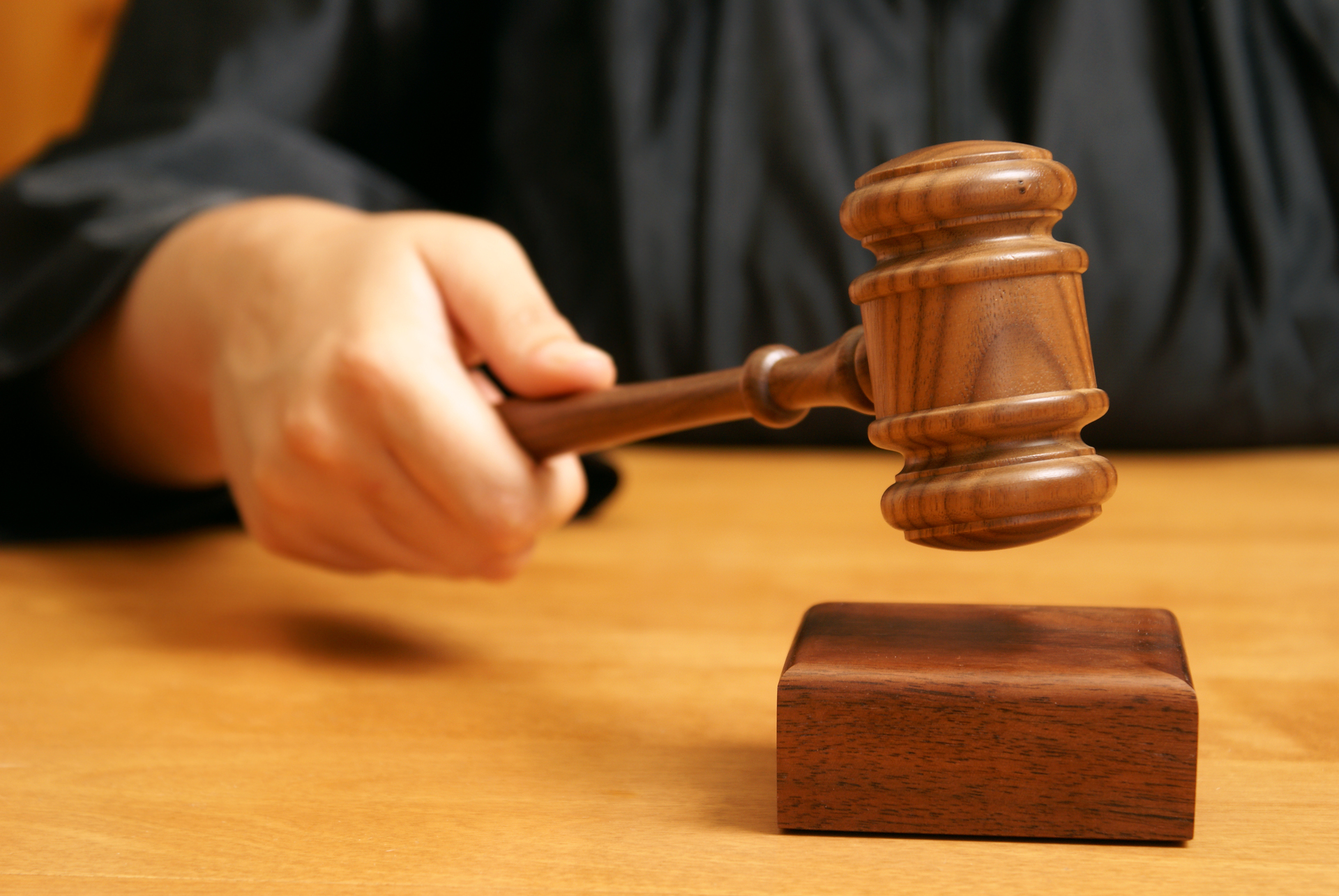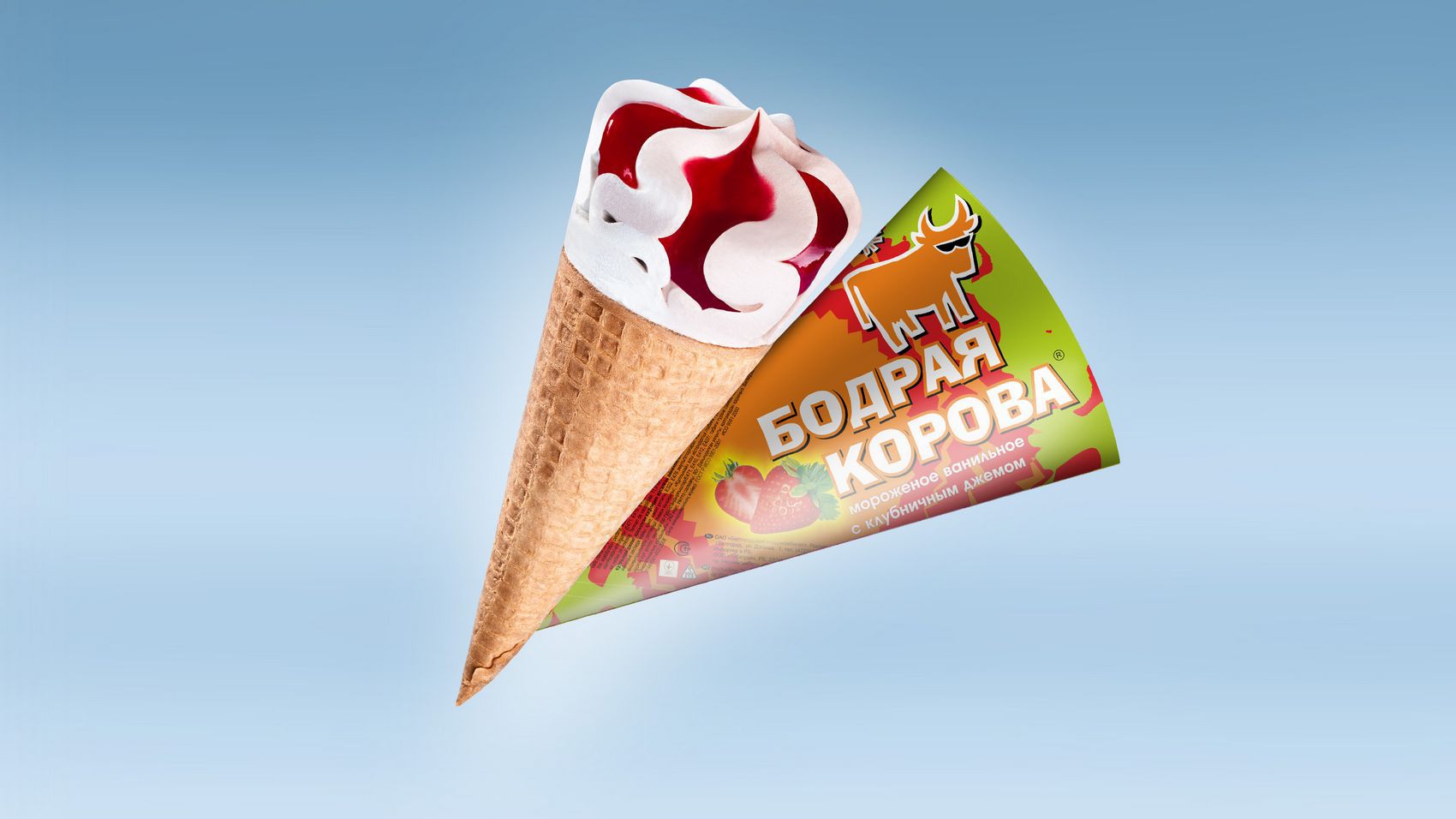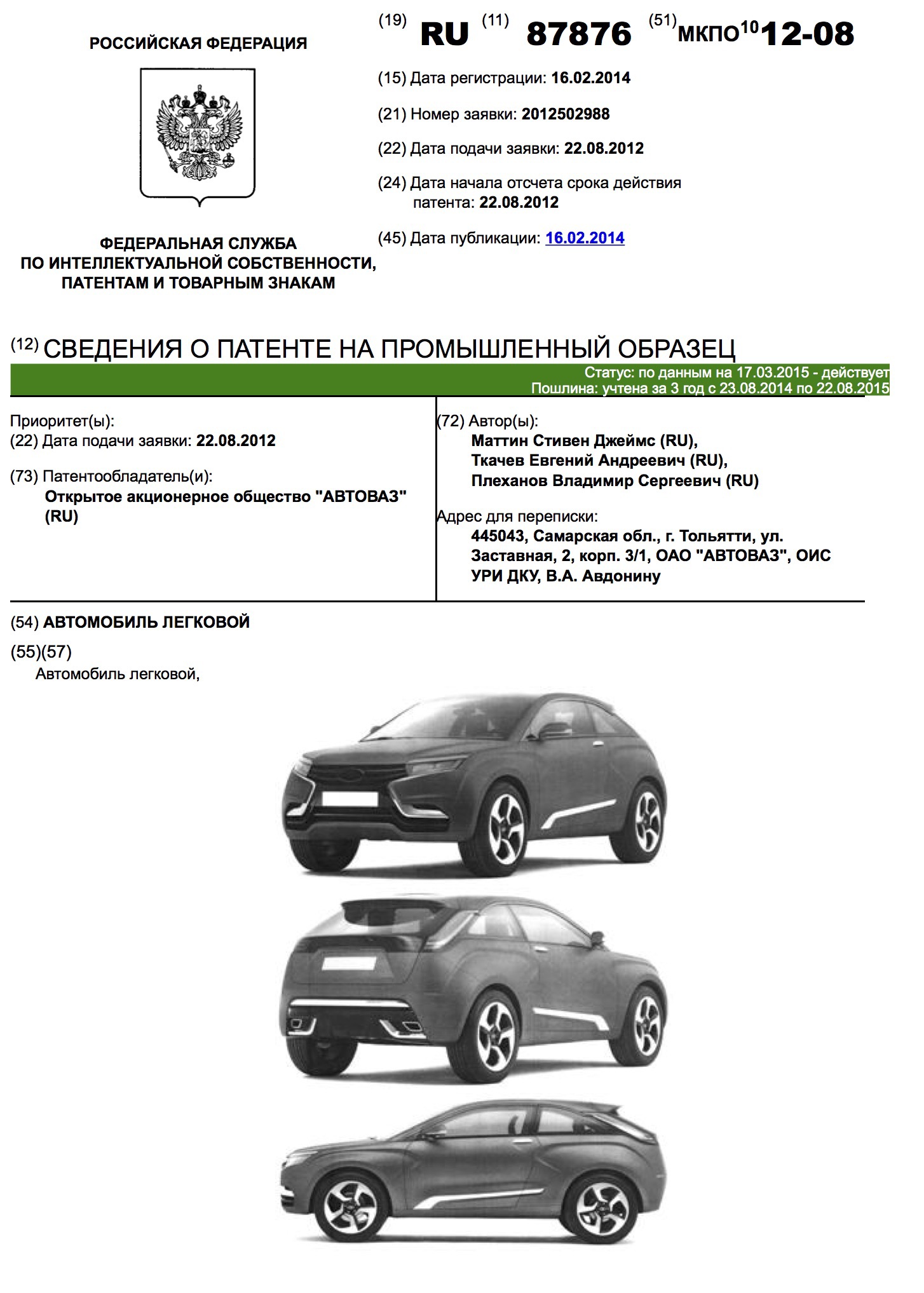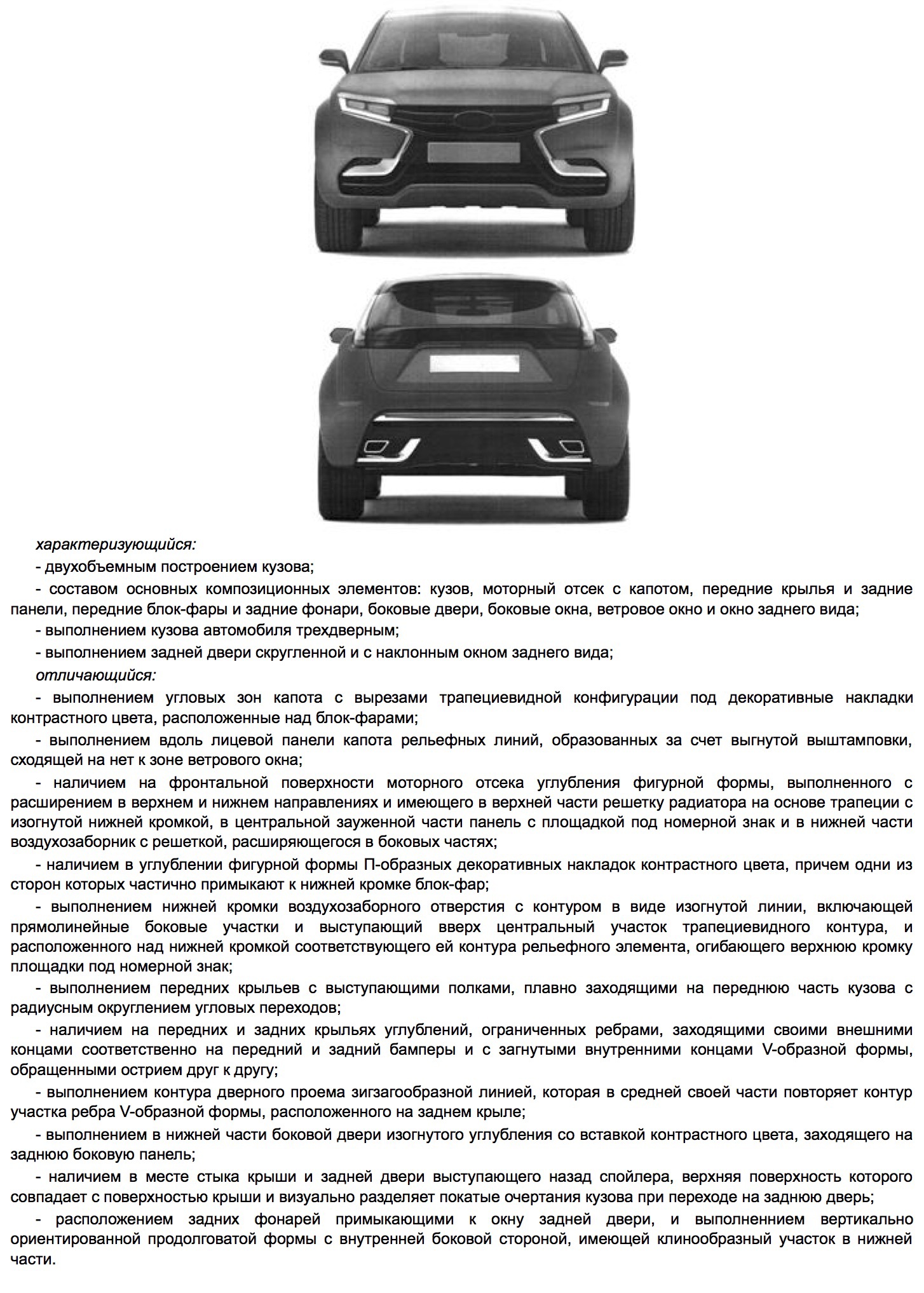Patent Law in Russia
Defending the rights of the patent holder in Russia is not widely spread: every year, by approximate estimation, only 150 such cases are considered in the country. Do domestic companies have such a high level of awareness that they prefer to patent their developments in due form and concentrate on violations mainly in the field of copyright? Unfortunately no.
The reluctance to defend one’s interests is related to the complexity of the protection procedure and to the undervaluation of the patent, which in the Russian context has a simple explanation.

')
We have such a scheme: in the known technical solutions and models make small changes - and re-patent. That is, the Russian practice makes possible the simultaneous existence of several patents for similar products, one of which is slightly modernized, and this modernization may be of little significance. And this for companies in the highly competitive industry means a loss of advantage.
The patent owners create another difficulty for themselves: careless handling of the description of the claims or utility model, their essence. They simplify the procedure for obtaining a patent by submitting an application at the same time for an invention and a utility model, and allow for different interpretations in the formula. And any ambiguity in the description can then be used both for defense and for attack. A classic example: a company is filing a patent infringement lawsuit, to which it receives a response - an objection to the granting of that patent to it. Such actions of competitors threaten with additional legal costs, because disputes about reality and patent infringement are dealt with in various administrative and judicial processes, respectively.
Another difficulty that, however, patent holders create for themselves is careless handling of the description of the claims or utility model, their essence. Wishing to simplify the procedure for obtaining a patent (for example, applying for both the invention and the utility model at the same time), they allow the occurrence of different interpretations of the formula. And this can have negative consequences, because any ambiguity in the description can be used both for defense and for attack. A classic example: a company is filing a patent infringement lawsuit, to which it receives a response - an objection to the granting of that patent to it. Such retaliatory actions of competitors also threaten with additional legal costs: a dispute over the validity of a patent is considered with the participation of Rospatent - and this is an administrative process, and about patent infringement - usually without involving Rospatent in court.
The most active players in the domestic market are industrial giants. For them, patenting is maintaining their leading position in the industry. Medium and small companies with a large share of high-tech production are also among the leaders, not only in the number of patents, but also in the courts. Fierce competition, including from international corporations developing national markets, forces them to learn to use this tool to protect their interests.
At the forefront are IT companies that have entered the world market. Kaspersky Lab is patented not only in Russia, but also in the United States, China and in some European countries. As of October 2014, she has registered nearly 250 patents. A special department for filing applications at Kaspersky Lab was brought in after the company completed a three-year trial with Lodsys on charges of violating a patent describing “feedback” between the manufacturer and the customers. Russian IT specialists won then, but it cost the company $ 2.5 million.
In 2013, another well-known Russian software company, Abbyy, won the trial against Nuance Communications. Abbyy was accused of infringing the rights to 8 patents. Part of the claims was challenged - the US patent office canceled the issuance of patents Nuance. On the other part of the patent claims were withdrawn. The company was threatened with compensation in the amount of $ 265 million.
There is a pool of companies actively using the tool of patent courts together with a set of measures to protect the brand and trademark. This is primarily food manufacturers.
 The company Soyuzplodoimport waged a long war with the French company Louis Roederer, challenging the international registration of the Cristal champagne trademark. “Chill Slavmo” at one time tried to patent the ice cream package “Sugar pipe”, but common sense triumphed and this patent was challenged fairly quickly. The Belgorod Cold Storage Plant patented the construction of the “Bouncy Cow” ice cream design, and the “Rosmarka” - the GOST ice cream label . All these cases, of course, had nothing to do with inventions. Trying to ban competitors from releasing a product similar to their own, an objection to granting a patent often goes together with challenging the right to a trademark.
The company Soyuzplodoimport waged a long war with the French company Louis Roederer, challenging the international registration of the Cristal champagne trademark. “Chill Slavmo” at one time tried to patent the ice cream package “Sugar pipe”, but common sense triumphed and this patent was challenged fairly quickly. The Belgorod Cold Storage Plant patented the construction of the “Bouncy Cow” ice cream design, and the “Rosmarka” - the GOST ice cream label . All these cases, of course, had nothing to do with inventions. Trying to ban competitors from releasing a product similar to their own, an objection to granting a patent often goes together with challenging the right to a trademark.
Most recently, the company AvtoVAZ announced that Mitsubishi copied the design of their car LADA XRAY. The story would have gone unnoticed, think a newspaper duck, if it were not for the statement of the VAZ designer, an experienced European manager, that the appearance of the car is patented. The patent for an industrial design was found in the open base of Rospatent as early as 2012 and indeed contains a detailed description of the main characteristic details.


Purely theoretically, domestic patent practice can be replenished with another interesting case. AvtoVAZ insured, also in advance in 2012. But while they think, Mitsubishi in April has already brought its car to the Russian market.
Israeli company Teva - the largest producer of generics regularly sues in the United States, but in Russia they have their own interest. In 2011, the Russian branch of Pfizer accused the Russian branch of Teva of illegally copying Viagra. It turned out that the Pfizer patent in Russia at that time defended not the active substance of the drug, but only the way to use it, which allowed the parties to agree quickly enough. Teva regularly holds patent courts in Russia for inventions similar to their own. However, the Russian pharmaceutical companies in these disputes so far only bystanders, all proceedings are conducted between global players.
The reluctance to defend one’s interests is related to the complexity of the protection procedure and to the undervaluation of the patent, which in the Russian context has a simple explanation.

')
We have such a scheme: in the known technical solutions and models make small changes - and re-patent. That is, the Russian practice makes possible the simultaneous existence of several patents for similar products, one of which is slightly modernized, and this modernization may be of little significance. And this for companies in the highly competitive industry means a loss of advantage.
The patent owners create another difficulty for themselves: careless handling of the description of the claims or utility model, their essence. They simplify the procedure for obtaining a patent by submitting an application at the same time for an invention and a utility model, and allow for different interpretations in the formula. And any ambiguity in the description can then be used both for defense and for attack. A classic example: a company is filing a patent infringement lawsuit, to which it receives a response - an objection to the granting of that patent to it. Such actions of competitors threaten with additional legal costs, because disputes about reality and patent infringement are dealt with in various administrative and judicial processes, respectively.
Another difficulty that, however, patent holders create for themselves is careless handling of the description of the claims or utility model, their essence. Wishing to simplify the procedure for obtaining a patent (for example, applying for both the invention and the utility model at the same time), they allow the occurrence of different interpretations of the formula. And this can have negative consequences, because any ambiguity in the description can be used both for defense and for attack. A classic example: a company is filing a patent infringement lawsuit, to which it receives a response - an objection to the granting of that patent to it. Such retaliatory actions of competitors also threaten with additional legal costs: a dispute over the validity of a patent is considered with the participation of Rospatent - and this is an administrative process, and about patent infringement - usually without involving Rospatent in court.
At the moment, the objects of patent law are the invention, utility model and industrial design . In this case, the first two relate to the results of intellectual activity in the scientific and technical sphere and differ only in the presence of an inventive step, and an industrial design is already the result of intellectual activity in the field of design, only the appearance of the product is protected here.
The most active players in the domestic market are industrial giants. For them, patenting is maintaining their leading position in the industry. Medium and small companies with a large share of high-tech production are also among the leaders, not only in the number of patents, but also in the courts. Fierce competition, including from international corporations developing national markets, forces them to learn to use this tool to protect their interests.
At the forefront are IT companies that have entered the world market. Kaspersky Lab is patented not only in Russia, but also in the United States, China and in some European countries. As of October 2014, she has registered nearly 250 patents. A special department for filing applications at Kaspersky Lab was brought in after the company completed a three-year trial with Lodsys on charges of violating a patent describing “feedback” between the manufacturer and the customers. Russian IT specialists won then, but it cost the company $ 2.5 million.
In 2013, another well-known Russian software company, Abbyy, won the trial against Nuance Communications. Abbyy was accused of infringing the rights to 8 patents. Part of the claims was challenged - the US patent office canceled the issuance of patents Nuance. On the other part of the patent claims were withdrawn. The company was threatened with compensation in the amount of $ 265 million.
Spheres leading position in patenting ( data for 2013): research and development - 6820, machinery and equipment - 1865, manufacture of ships, aircraft and spacecraft - 1265, production of medical equipment, measuring instruments, optical instruments and equipment , hours - 1071, education - 952, metallurgical production - 946. Toward the end of the list - activities related to the use of computers and information technology - 55 patents
There is a pool of companies actively using the tool of patent courts together with a set of measures to protect the brand and trademark. This is primarily food manufacturers.
 The company Soyuzplodoimport waged a long war with the French company Louis Roederer, challenging the international registration of the Cristal champagne trademark. “Chill Slavmo” at one time tried to patent the ice cream package “Sugar pipe”, but common sense triumphed and this patent was challenged fairly quickly. The Belgorod Cold Storage Plant patented the construction of the “Bouncy Cow” ice cream design, and the “Rosmarka” - the GOST ice cream label . All these cases, of course, had nothing to do with inventions. Trying to ban competitors from releasing a product similar to their own, an objection to granting a patent often goes together with challenging the right to a trademark.
The company Soyuzplodoimport waged a long war with the French company Louis Roederer, challenging the international registration of the Cristal champagne trademark. “Chill Slavmo” at one time tried to patent the ice cream package “Sugar pipe”, but common sense triumphed and this patent was challenged fairly quickly. The Belgorod Cold Storage Plant patented the construction of the “Bouncy Cow” ice cream design, and the “Rosmarka” - the GOST ice cream label . All these cases, of course, had nothing to do with inventions. Trying to ban competitors from releasing a product similar to their own, an objection to granting a patent often goes together with challenging the right to a trademark.Most recently, the company AvtoVAZ announced that Mitsubishi copied the design of their car LADA XRAY. The story would have gone unnoticed, think a newspaper duck, if it were not for the statement of the VAZ designer, an experienced European manager, that the appearance of the car is patented. The patent for an industrial design was found in the open base of Rospatent as early as 2012 and indeed contains a detailed description of the main characteristic details.


Purely theoretically, domestic patent practice can be replenished with another interesting case. AvtoVAZ insured, also in advance in 2012. But while they think, Mitsubishi in April has already brought its car to the Russian market.
Israeli company Teva - the largest producer of generics regularly sues in the United States, but in Russia they have their own interest. In 2011, the Russian branch of Pfizer accused the Russian branch of Teva of illegally copying Viagra. It turned out that the Pfizer patent in Russia at that time defended not the active substance of the drug, but only the way to use it, which allowed the parties to agree quickly enough. Teva regularly holds patent courts in Russia for inventions similar to their own. However, the Russian pharmaceutical companies in these disputes so far only bystanders, all proceedings are conducted between global players.
Source: https://habr.com/ru/post/290140/
All Articles